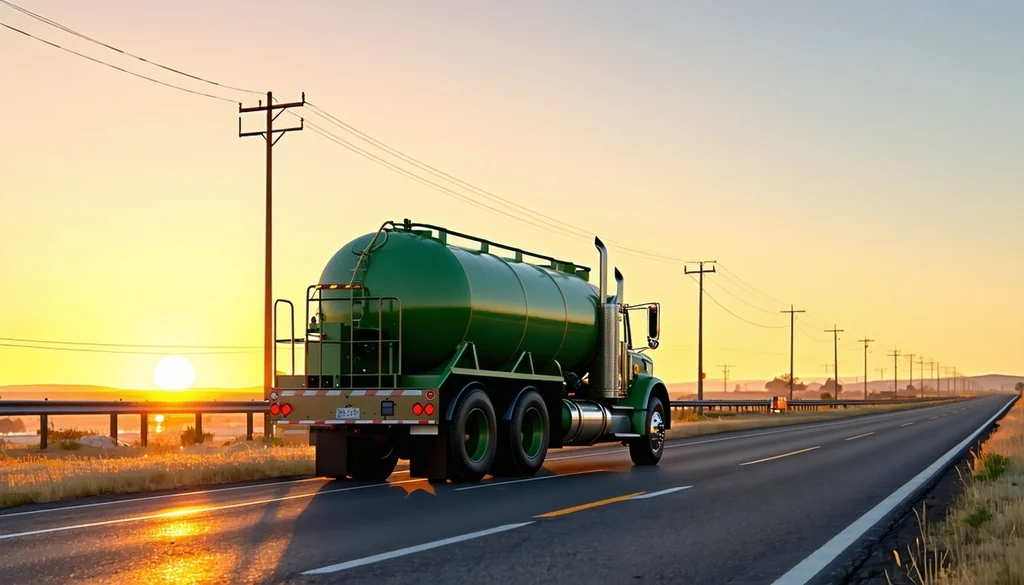Navigating the complexities of environmental regulations is crucial for hazmat trucking companies to ensure compliance, minimize risks, and capitalize on opportunities.
Understanding the Changing Environmental Landscape
New federal and state-level emissions rules are rolling out through 2027 and beyond. Staying compliant helps you avoid costly fines and penalties — and signals to insurers that you’re a lower risk. The regulatory landscape is evolving rapidly, making it essential for hazmat trucking companies to stay informed about upcoming changes. By understanding the specifics of these regulations, you can take proactive steps to ensure compliance, thereby mitigating risks and demonstrating your commitment to environmental responsibility to insurers.
Strategies for Compliance with Emissions Standards
To comply with the new emissions standards, hazmat fleets should consider several strategies. First, conduct a thorough audit of your current fleet to identify vehicles that may not meet upcoming regulations. Investing in newer, more efficient vehicles can be a cost-effective long-term solution. Additionally, implementing routine maintenance schedules can ensure that your vehicles operate at peak efficiency, reducing emissions. Employee training programs focused on eco-friendly driving practices can also contribute to compliance. By adopting these strategies, you not only adhere to regulations but also enhance your fleet’s overall performance and longevity.
The Role of Clean-Fuel Fleets in Meeting Regulations
Many carriers are updating to cleaner-burning engines or alternative fuel trucks. Not only do these upgrades help meet new environmental standards, but some insurers now offer premium discounts for fleets with lower emissions profiles. Transitioning to clean-fuel fleets can significantly reduce your environmental footprint and operational costs. Alternative fuels such as compressed natural gas (CNG), electric, and hybrid engines are becoming increasingly viable options. These technologies not only comply with stringent emissions regulations but also offer long-term savings through reduced fuel consumption and lower maintenance costs. Additionally, showcasing a commitment to sustainability can enhance your company’s reputation and attract environmentally-conscious clients.
Don’t Overlook Spill Coverage
Environmental spills and fugitive emissions can result in hefty cleanup costs and legal expenses. Specialized spill and pollution liability coverage ensures you’re protected from unexpected incidents that standard liability may not fully cover. It’s crucial to understand the full scope of your liability and ensure that your insurance policies are robust enough to handle potential environmental hazards. Investing in comprehensive spill coverage can safeguard your business against financial losses and regulatory fines. Regularly review and update your policies to align with current regulations and operational changes. By proactively managing these risks, you not only protect your bottom line but also reinforce your commitment to environmental stewardship.













